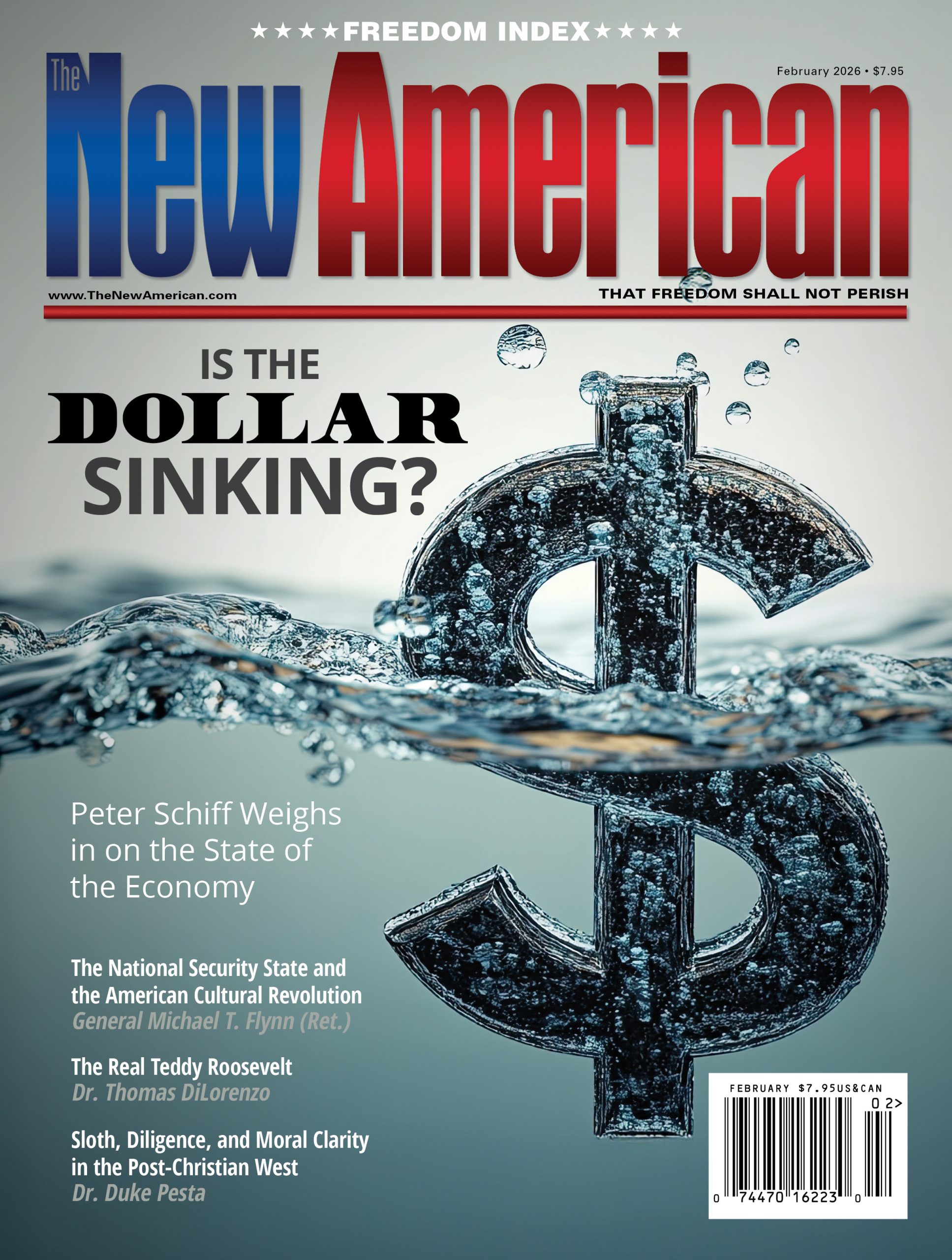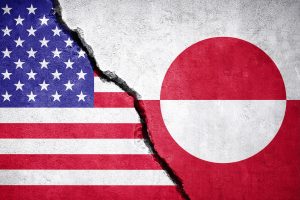
UN Agencies Will Not Explain Expenditures
The consultants also found that the UN High Commission on Refugees refused to provide some spending information, “particularly staff costs.”
These were not the only United Nations agencies which appeared to have lots of cash lying around. UNDP, the United Nations Development Program, and WFP, the World Food Program, also had large amounts of unspent funds. Among other findings in this report, the UNFPA gave government and non-government organizations $200 million per year in ways which prevented IDC auditors from examining the accounts, and thus the auditors could have “have little knowledge regarding the ultimate destiny” of those funds. These amounted, according to the report, to 30 percent of UNFPA disbursed program money each year.
UNFPA also “has not shared with the consultants” information on personnel costs, travel, and other consultants. Translated from more diplomatic financial auditing language, the report simply states: “This means that information that is absolutely essential, not only for this study, but also for a future evaluation of UNFPA activities, is not documented in this report. In this respect, UNFPA fails grossly in living up to its credo of adherence to transparency to which it officially committed.”
Also intriguing is the fact that staffing for UNFPA rose by 29 percent while personnel costs increased by 70 percent, suggesting that a great many people were getting raises at the agency. Needless to say, the absence of more specific information leaves questions about who in that agency was receiving salary increases and what criteria were used to make those increases.
UNICEF also received a harsh assessment. The report states that “UNICEF planning at headquarters level does not seem to be a very meaningful exercise” and notes that UNICEF was unable to explain expenditures on program areas by nation which, as the consultants observe, “account for the overwhelming share of UNICEF expenditures.” The consultants use the tough term “gross failure” to describe UNICEF financial systems. The report also states that “officially available information about expenditures remains very limited and fragmented, making it difficult to track use of funds from headquarters down to the ultimate beneficiaries on the ground.” UNICEF also appeared to have a substantial amount of interest income, which suggests that monies were being invested rather than spent; this interest income was not accounted for by the agency.
The various United Nations agencies mentioned in the report refused public comment, giving the reason that the IDC report was not yet formally prepared. It is not entirely clear when the IDC report will be formally presented and made available to the public in its entirety. The report was commissioned by the Norwegian government, and that nation’s official website first indicated that it would be published in May 2011. That date was moved August, then October, and now the Norwegian government claims that the report will be published “at the end of the year.”
American taxpayers provide money to the United Nations through federal contributions to it, but agencies like UNICEF also hold out a hand to the charitable spirit of Americans, as those who were children in the ’60s can recall “Trick or Treat for UNICEF” can recall on Halloween. Is there any serious reason for any Americans or any member of Congress to still provide money to the UN?




